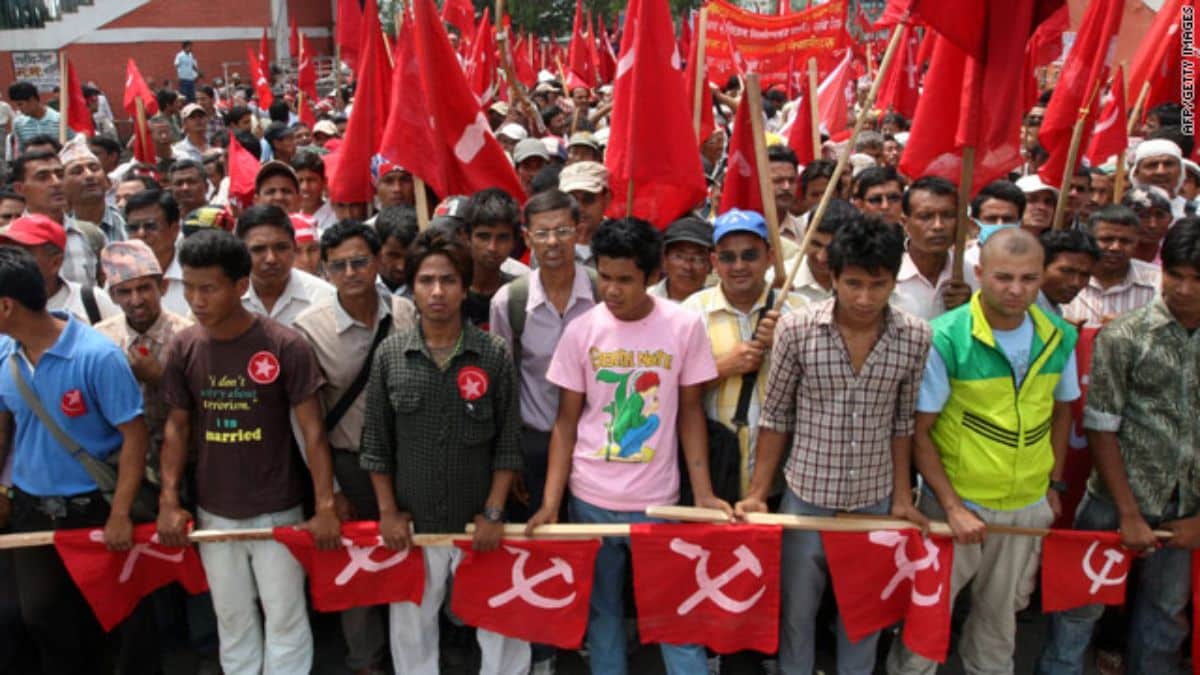The Communist Party of Nepal (Maoist Centre) has announced its decision to contest the upcoming elections independently, breaking away from previous alliances. The party’s spokesperson, Narayan Kaji Shrestha, cited concerns about the impact of alliances on the party’s ideological clarity and organizational strength as key reasons for the decision.
The Maoist Centre, a significant player in Nepalese politics, has previously participated in electoral alliances with other major parties. However, internal assessments have led the party to conclude that these alliances have diluted its ideological stance and weakened its organizational framework. The party believes that contesting the elections alone will allow it to present a clearer vision to the electorate and strengthen its grassroots support.
“We have decided to go solo in the next elections to reaffirm our commitment to our ideological principles and to strengthen our party’s organizational structure,” Shrestha stated. He further emphasized that the decision was made after extensive consultations within the party and reflects a strategic move to regain its distinct political identity.
The decision comes at a time of significant political fluidity in Nepal, with shifting alliances and new political movements gaining traction. The Maoist Centre’s choice to contest independently is expected to reshape the electoral landscape, potentially influencing the strategies of other major parties and coalitions.
Historically, the Maoist Centre has played a crucial role in Nepalese politics, particularly in the peace process and the drafting of the new constitution. Its decision to stand independently marks a return to its roots, focusing on core issues such as social justice, economic reform, and national sovereignty.
The party’s leadership has expressed confidence in its ability to garner sufficient support despite the challenges of running without the backing of an alliance. They believe that the move will energize their base and attract voters seeking a clear alternative to the established political entities.
Political analysts suggest that the success of the Maoist Centre’s independent bid will depend heavily on its ability to communicate a compelling message to voters and to mobilize its organizational resources effectively. The party’s performance in the upcoming elections will be closely watched as a barometer of its influence and relevance in Nepal’s evolving political scenario.
In addition to traditional campaign strategies, the Maoist Centre plans to leverage digital platforms and social media to reach a wider audience, particularly younger voters who may be disengaged from conventional political discourse. This digital outreach is seen as crucial for expanding the party’s appeal and engaging with a diverse electorate.
The party’s decision to contest alone has also prompted responses from other political groups, some of which view the move as an opportunity to realign or reconsider their strategies. As the election season unfolds, the dynamics within Nepal’s political landscape are likely to shift, with the Maoist Centre’s independent stance serving as a significant factor in the broader electoral calculations.

